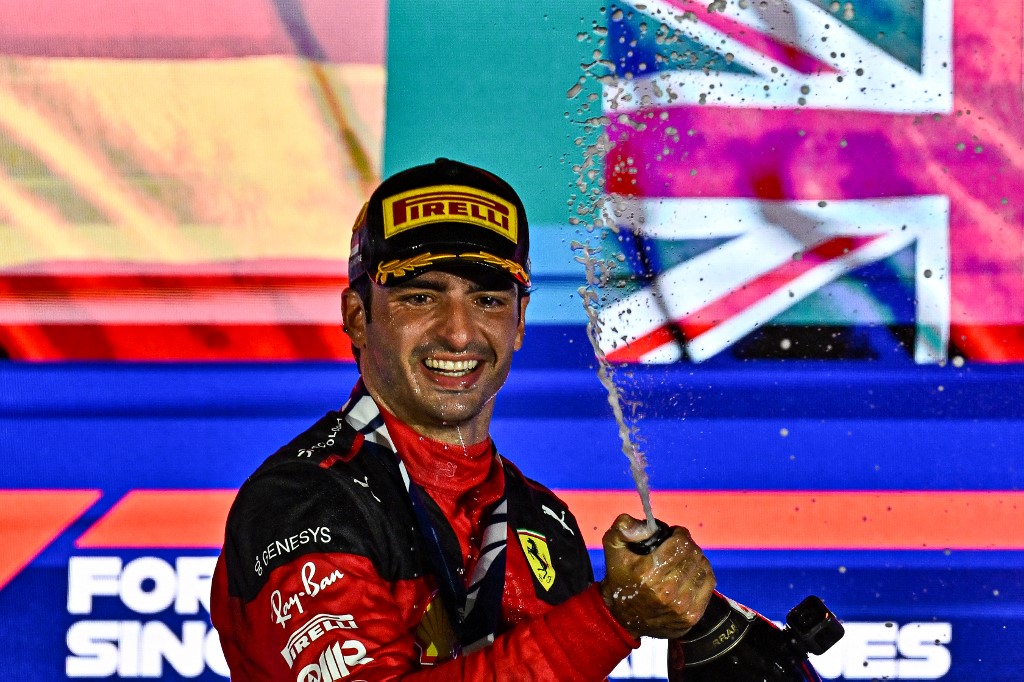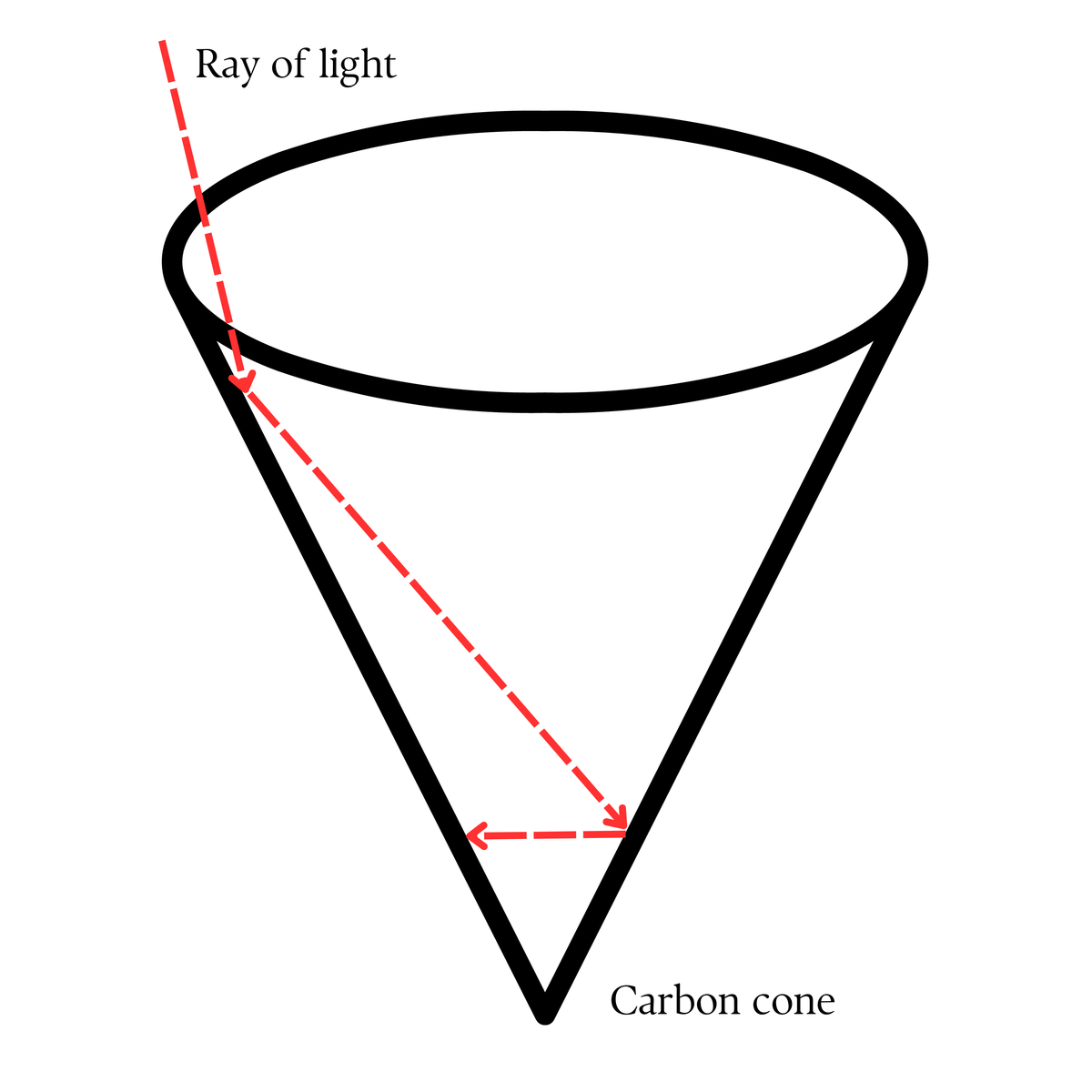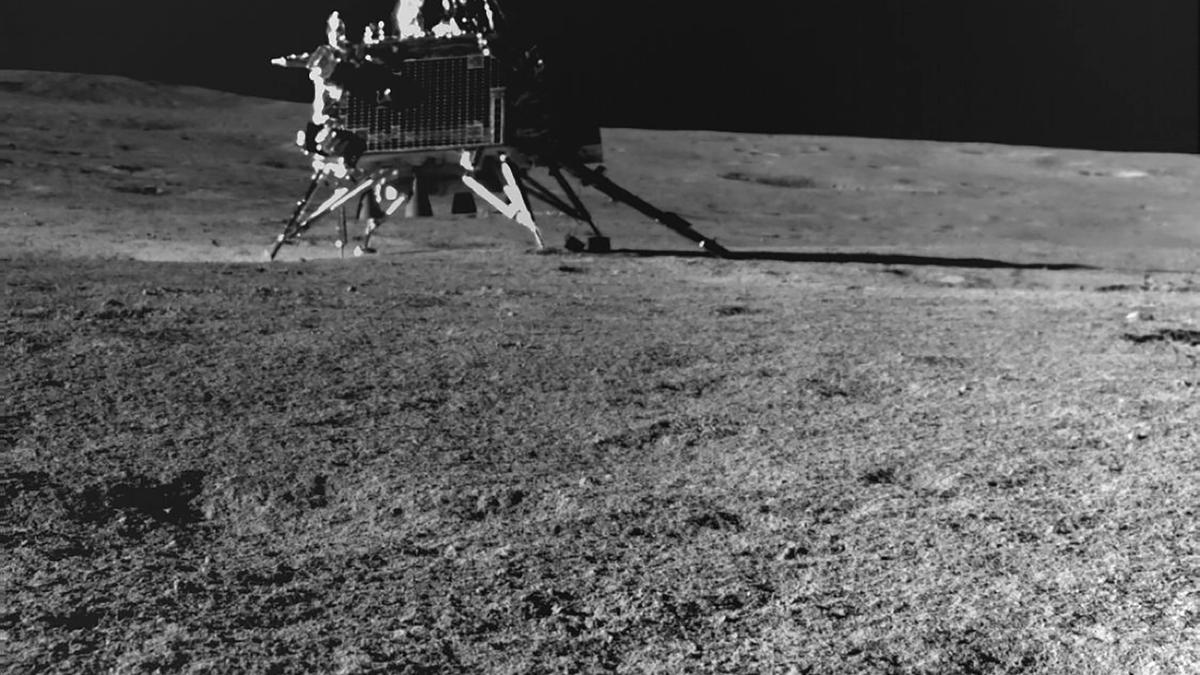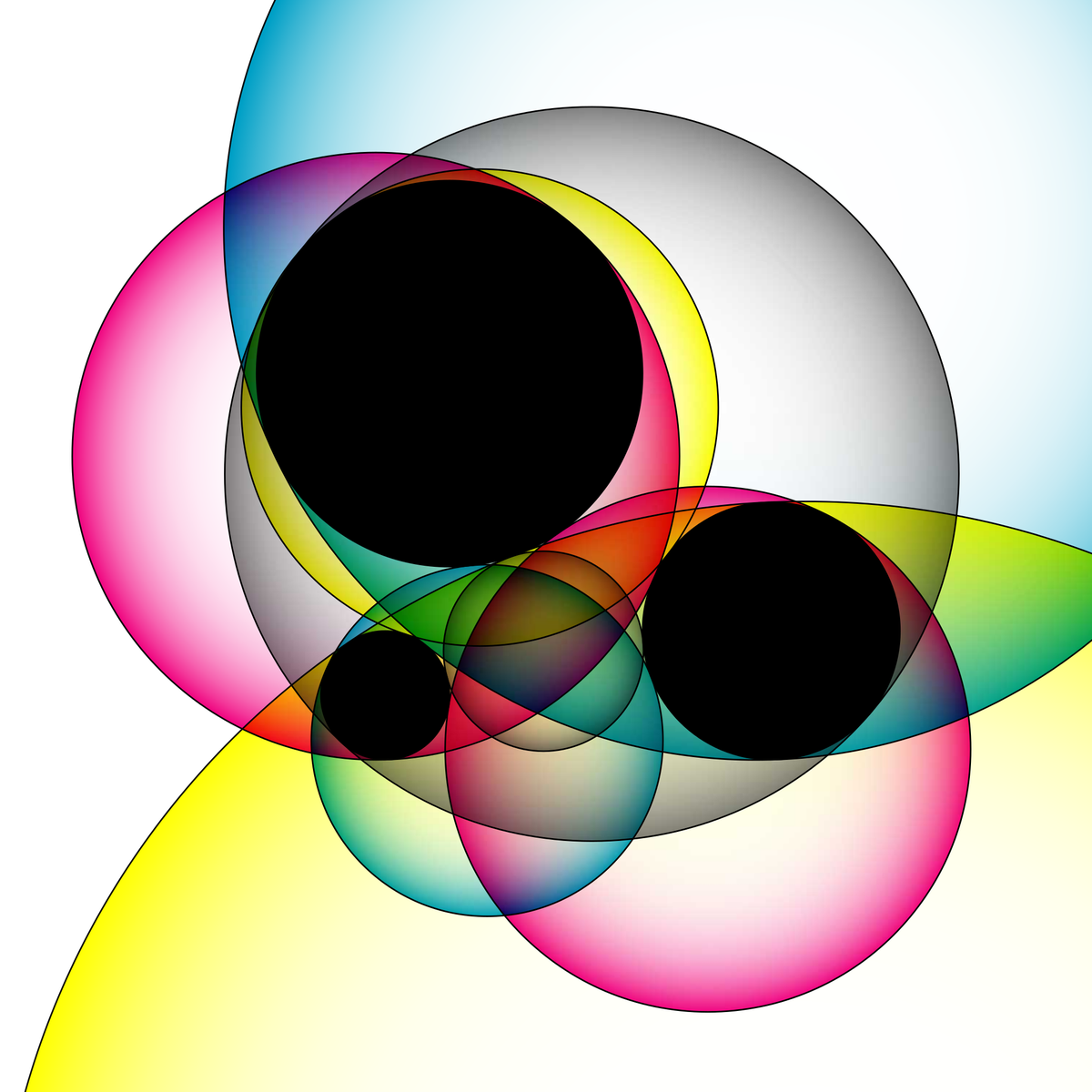Bernard with his pupils.
| Photo Credit: Wellcome Collection gallery Wikimedia Commons
Do you know what glycogen is? The stored form of a simple sugar called glucose, glycogen is a multibranched polysaccharide that serves as a form of energy storage among animals, fungi, and bacteria. The principal form in which carbohydrates are stored in higher animals, glycogen is white, amorphous, and tasteless.
Glycogen was first isolated only in the 1850s. French physiologist Claude Bernard, who made important discoveries in a number of areas, was involved both in the discovery of glycogen and its isolation.
Little formal education
Born in France on July 12, 1813, much of Bernard’s childhood saw his family in debt following a failed venture by his father. With little opportunity for education, Bernard learnt what he could and had no formal training in science.
By the time he turned 18, Bernard apprenticed at an apothecary and his days were filled with mundane tasks. He tried his hand writing a playlet and a historical drama, before turning to medicine in the mid-1830s when a literary critic advised him to do that instead of playwriting.
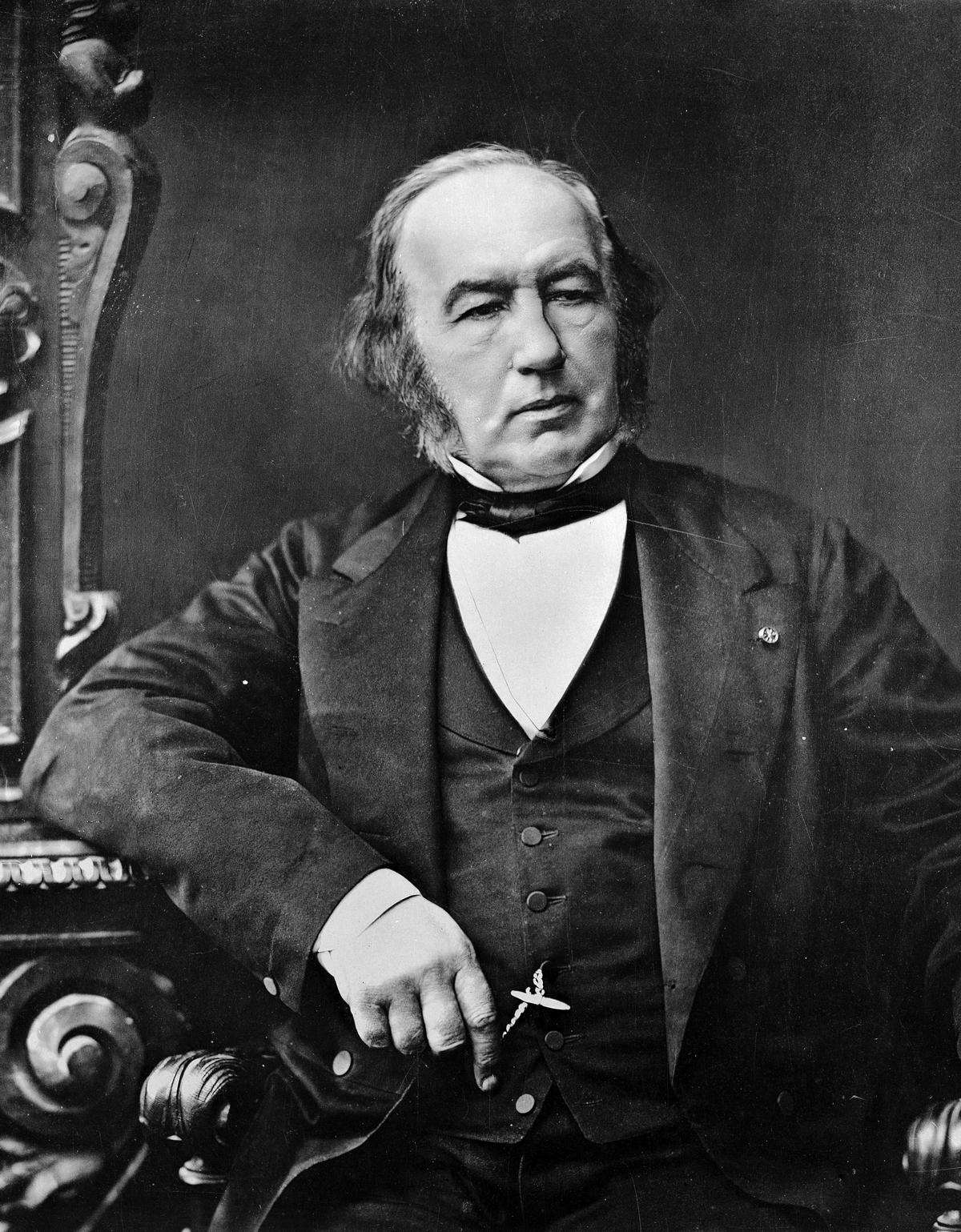
Portrait of Claude Bernard (1813-1878).
| Photo Credit:
WELLCOME LIBRARY, LONDON
After enrolling in the Faculty of Medicine in Paris, he was admitted as an extern in the hospitals. He studied under celebrated doctor Francois Magendie and passed the examination for the internship. Noticing Bernard’s meticulous dissections, Magendie took him on as a research assistant.
Having become involved in Magendie’s research, Bernard’s first publications served as a harbinger of sorts as much of his future research revolved around similar subjects. By 1847, Bernard became Magendie’s deputy at the College de France.
Crucial discoveries
Beginning in 1846, Bernard made a number of crucial discoveries himself. Having observed by chance that few rabbits passed clear – not cloudy – urine like meat-eating animals, he deduced that they were not fed and were subsisting on their own tissues. He was able to confirm his hypothesis and came up with a major discovery about the role of pancreas in digestion. Bernard realised that secretion of pancreas broke down fat molecules and that the main processes of digestion took place in the small intestine, and not in the stomach as was formerly believed.
One led to another and Bernard was soon researching the liver, which led him to his second big discovery. Bernard discovered a white starchy substance – glycogen – in the liver and he announced his discovery to the Academie des Sciences on September 24, 1855.
Bernard showed that glycogen was built up by the body from sugar and that it served as a storage reserve of carbohydrates. This glycogen could then be broken down to sugars when needed, ensuring that the sugar level in the blood remained constant.
Breaks down and builds
This discovery by Bernard conveyed that the digestive system is not only capable of breaking down complex molecules into simple ones, but can also build complex molecules from simple ones. Bernard was able to isolate and extract glycogen in a relatively pure state by 1857, at about the same time German physiologist Victor Hensen also independently isolated glycogen using a different process.
Bernard’s third important contribution concerned an explanation of the regulation of the blood supply by the vasomotor nerves. He discovered that based on surrounding temperature changes, the vasomotor nerves controlled the dilation and constriction of blood vessels. This control mechanism shows how the body maintains stability while adjusting to changing external conditions – a phenomenon called homeostasis.
From being an unknown in the shadow of Magendie, Bernard rose to prominence in less than a decade. Following Magendie’s death in 1855, Bernard succeeded him as full professor at the College de France.
Bernard’s scientific interest, however, soon shifted due to a number of reasons. As a result of this change, the diligent researcher turned into a philosopher of science. His reflections resulted in a masterpiece in 1865, An Introduction to the Study of Experimental Medicine.
While this was supposed to be a preface of a much greater work, the latter was never completed. The Introduction, however, helped Bernard, who died in 1878, to get across the point that for medicine to progress, it must be founded on experimental physiology.






